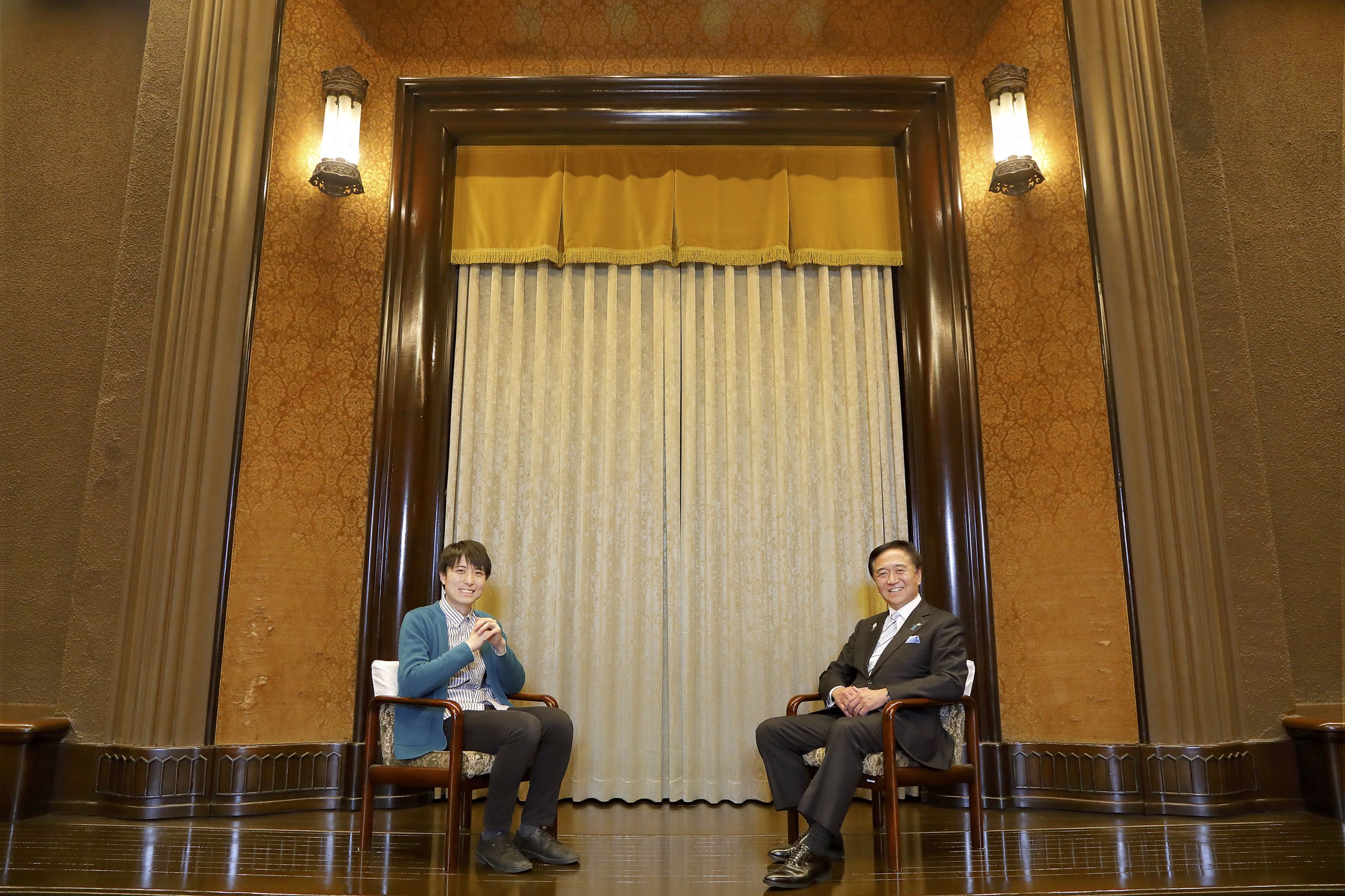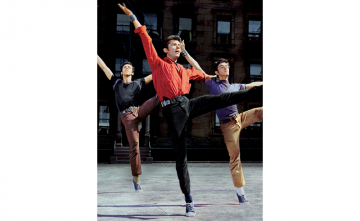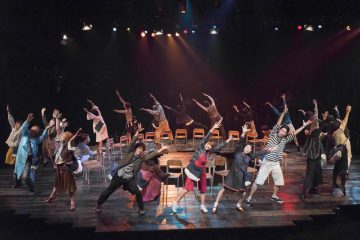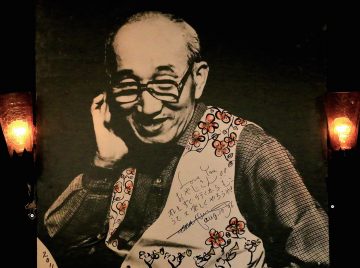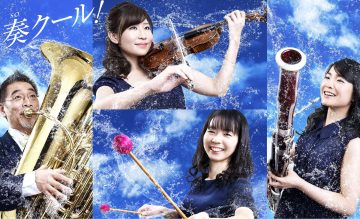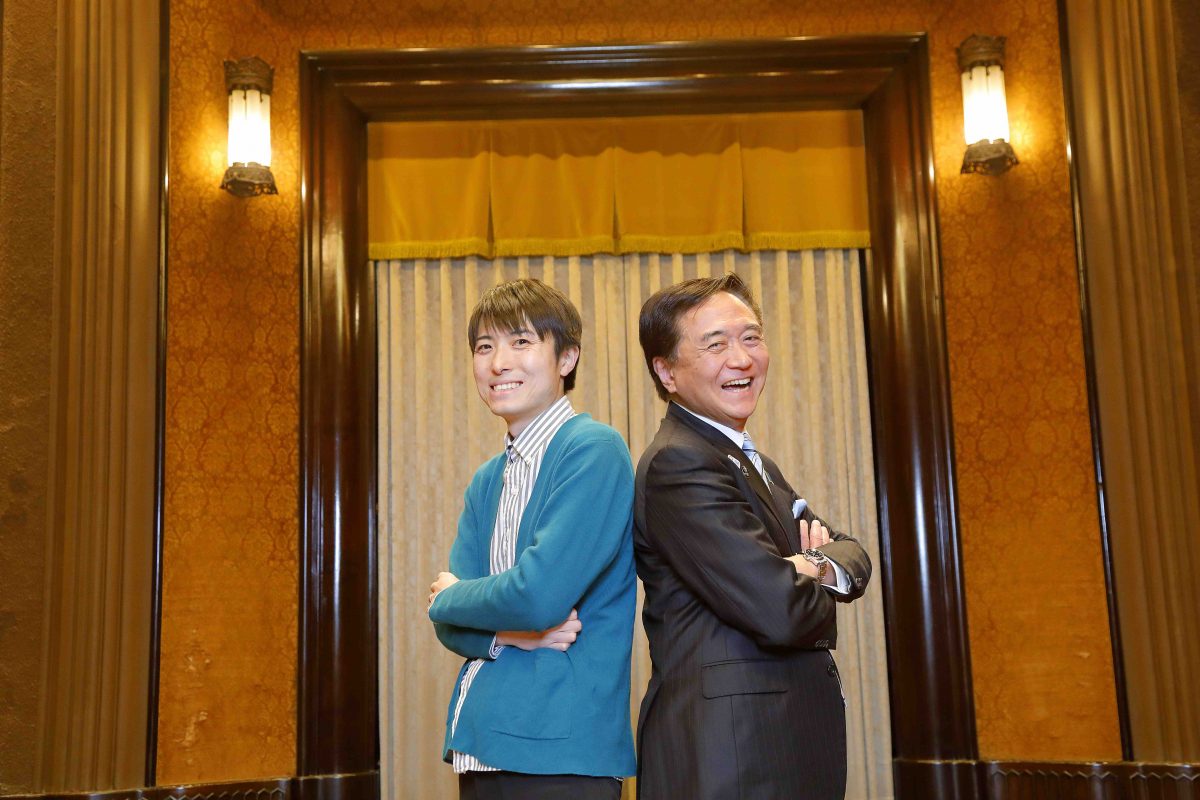
Theater can incorporate joy, anger, sorrow and happiness into a single work, and move the hearts of its audience. What is the appeal that never ceases to draw us in?
We spoke to Kanagawa Prefecture Governor Yuji Kuroiwa, who is known to be an avid fan of theater, and Norihito Nakayashiki, the representative of the currently popular theater company Kakikuu Kyaku, about their passion for theater.
—What first got you interested in theater?
Kuroiwa: My theatrical career began in my elementary school play. I discovered the appeal of expressing myself in a different dimension. In junior high school, I started a drama club. In college, I joined the musical research group and became obsessed with theater.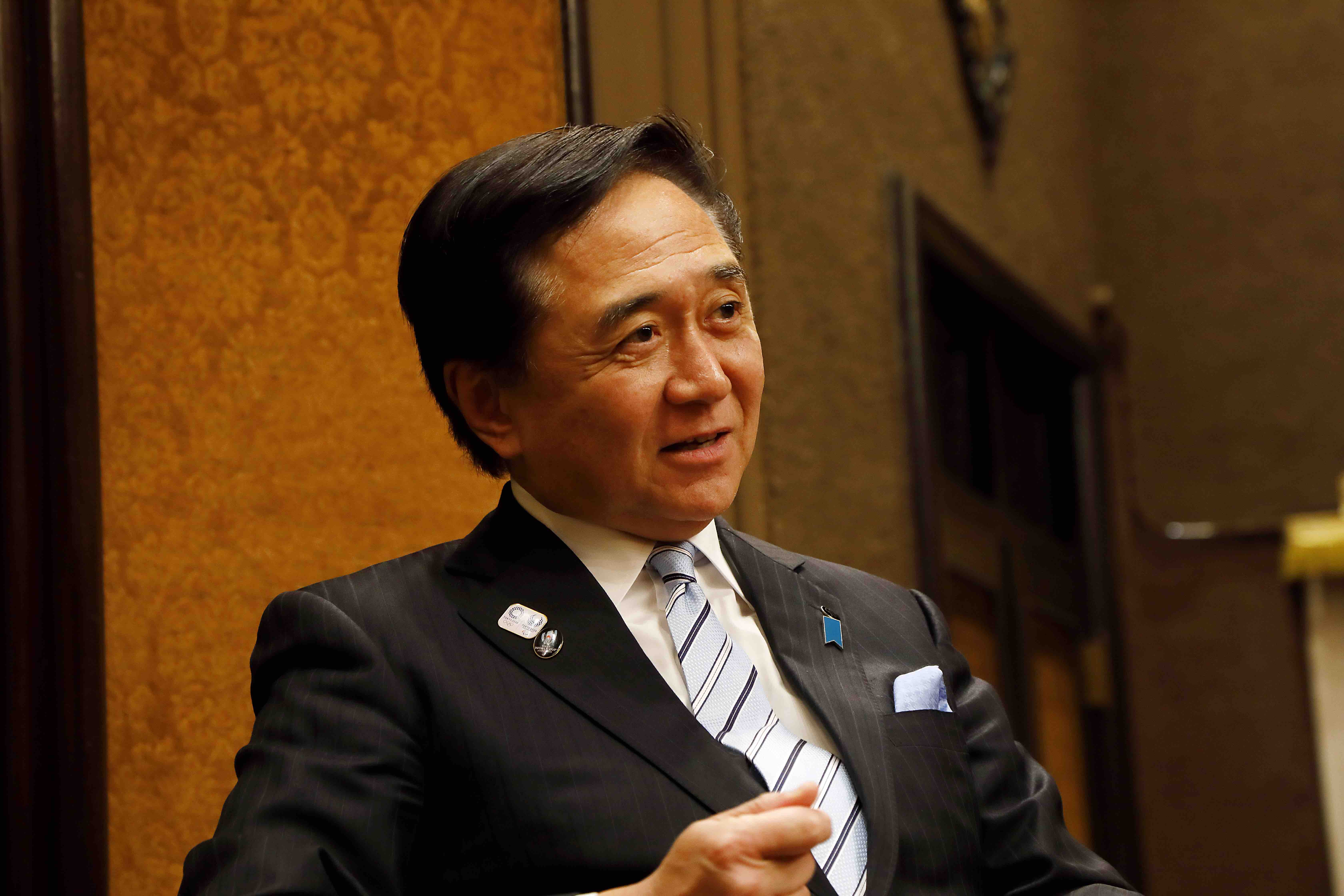
Nakayashiki : It all started when I played Captain Hook from "Peter Pan" in a kindergarten play. I was a shy kid with a small voice who always stayed in the corner, but when we had a common topic to talk about, like rehearsing a play, I could talk to everyone. I thought this was fun. But once the play was over, I went back to my old life. So even after I started elementary school, I only looked forward to the school play once a year (laughs).
Looking back now, I think what I enjoyed most was communicating with people rather than acting.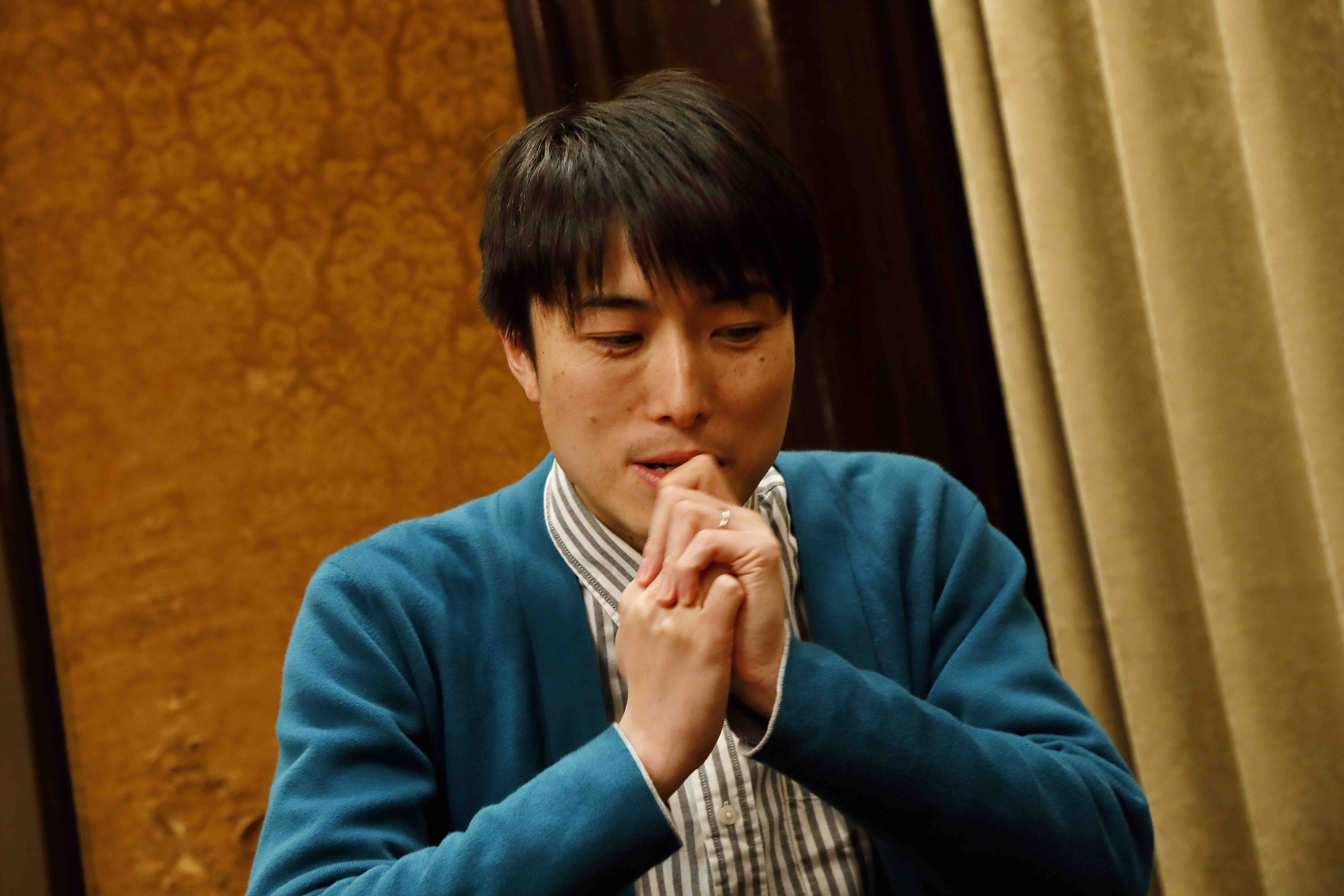
Do you remember your first experience in theatre?
My first experience watching a Takarazuka Revue performance when I was in Kuroiwa Kindergarten was very memorable. Later, when I was in high school, I saw the musical film "West Side Story" and became completely fascinated with musicals. In musicals, singing and dancing suddenly start in the middle of the story, so there is variety and you never get bored. Currently, as a governor, I do many different jobs, so people often tell me that it must be tough, but I think doing many things at the same time suits my sensibilities better than concentrating on one thing.
Nakayashiki : For me it was Shakespeare's "Richard III" that I saw when I was in elementary school. My parents were hesitant, saying it was too difficult for a child to understand, but I said, "I definitely want to see it!" so they took me.
What was shocking was that I couldn't understand a single line, even though they were speaking in Japanese (laughs). As expected, it was difficult for an elementary school student, but I felt that it depicted the deep nature of human beings, something that is not even in textbooks. This prompted me to read Shakespeare in the library, but I still couldn't understand it. However, after reading it over and over again, I began to think, "Oh, so that's what it was about," and I began to expand my imagination, wondering, "What would it be like if it was performed?" In the drama club in high school, while everyone around me was performing scripts that took up life-sized themes, I was devoted to Shakespeare.
—What do you think is the power of theater?
Kuroiwa: I love musicals, so when I was stationed in Washington DC, I frequently went to New York. The reason, of course, was to see a Broadway musical. Theater has the power to attract and move people in that way. The "Magcul" initiative aims to use the magnetic power of culture and the arts to attract people to Kanagawa Prefecture and bring vitality to the region. The Kanagawa Kamome "Short Play" Festival 2019, which was also supported by Nakayashiki, was a huge success.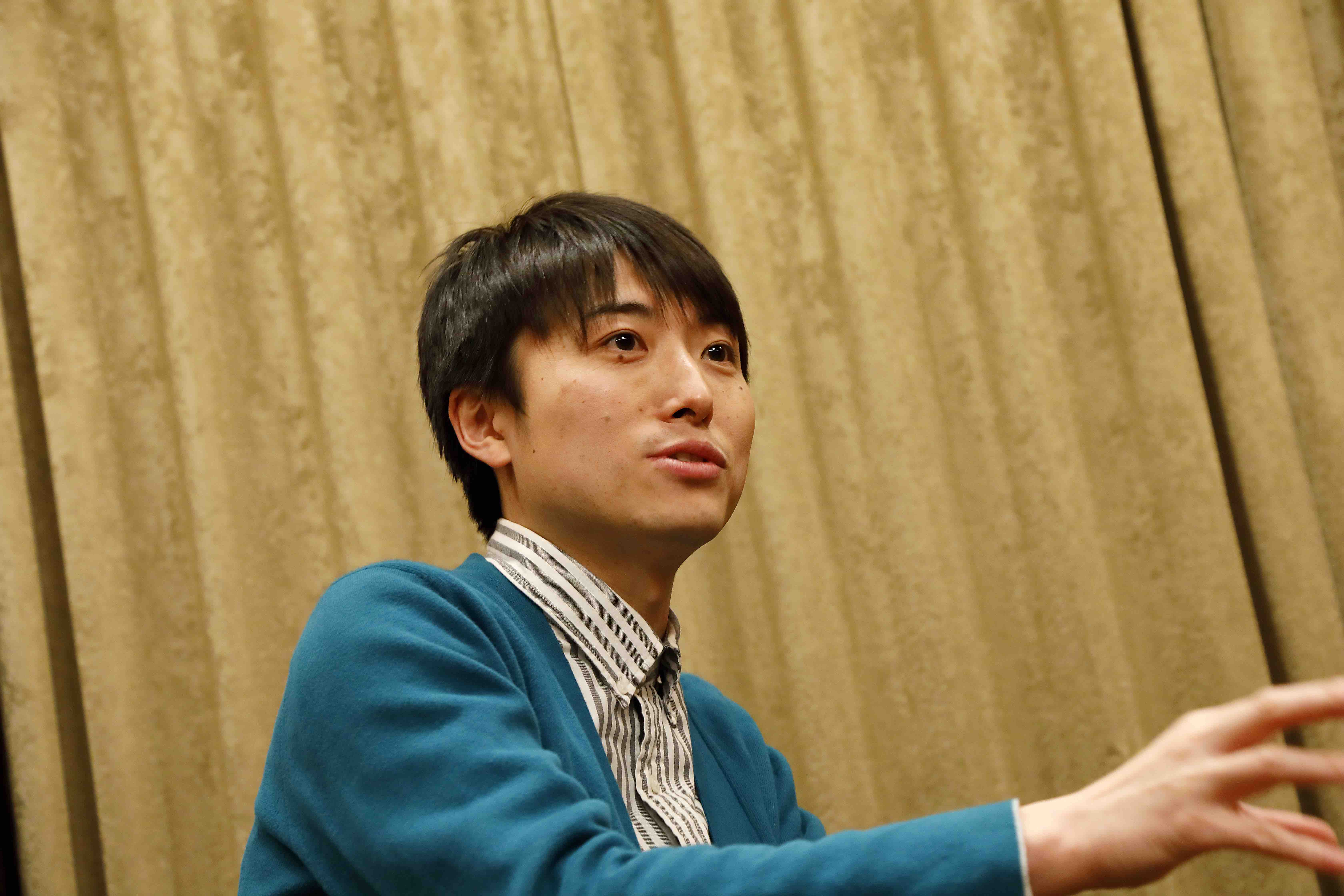
As Governor Nakayashiki Kuroiwa said, I think the greatest power of theater is that it brings people together. The next thing I would say is that it provides a topic of conversation between people. Even though everyone is watching the same play at the theater, each person has a different impression. My parents were quiet people, but on the way home after seeing a play, we had so much to talk about that we started arguing. We usually only talk about inoffensive things, but after seeing a play, we start talking about what kind of lives we've lived. That's why I love the atmosphere in the lobby after the show.
—What kind of plays do you want to create in the future?
Kuroiwa : I would like to develop more things that can only be seen by going to a local area, such as plays that incorporate local legends and folk tales as their subject matter.
Nakayashiki Rather than thinking about a specific type of play I want to create, I want to create an audience that I want to be in. When you watch a great play, you feel a sense of unity with the person sitting next to you, like, "We were watching it together," and you end up becoming friends. I want to create an audience that allows you to have that kind of experience.